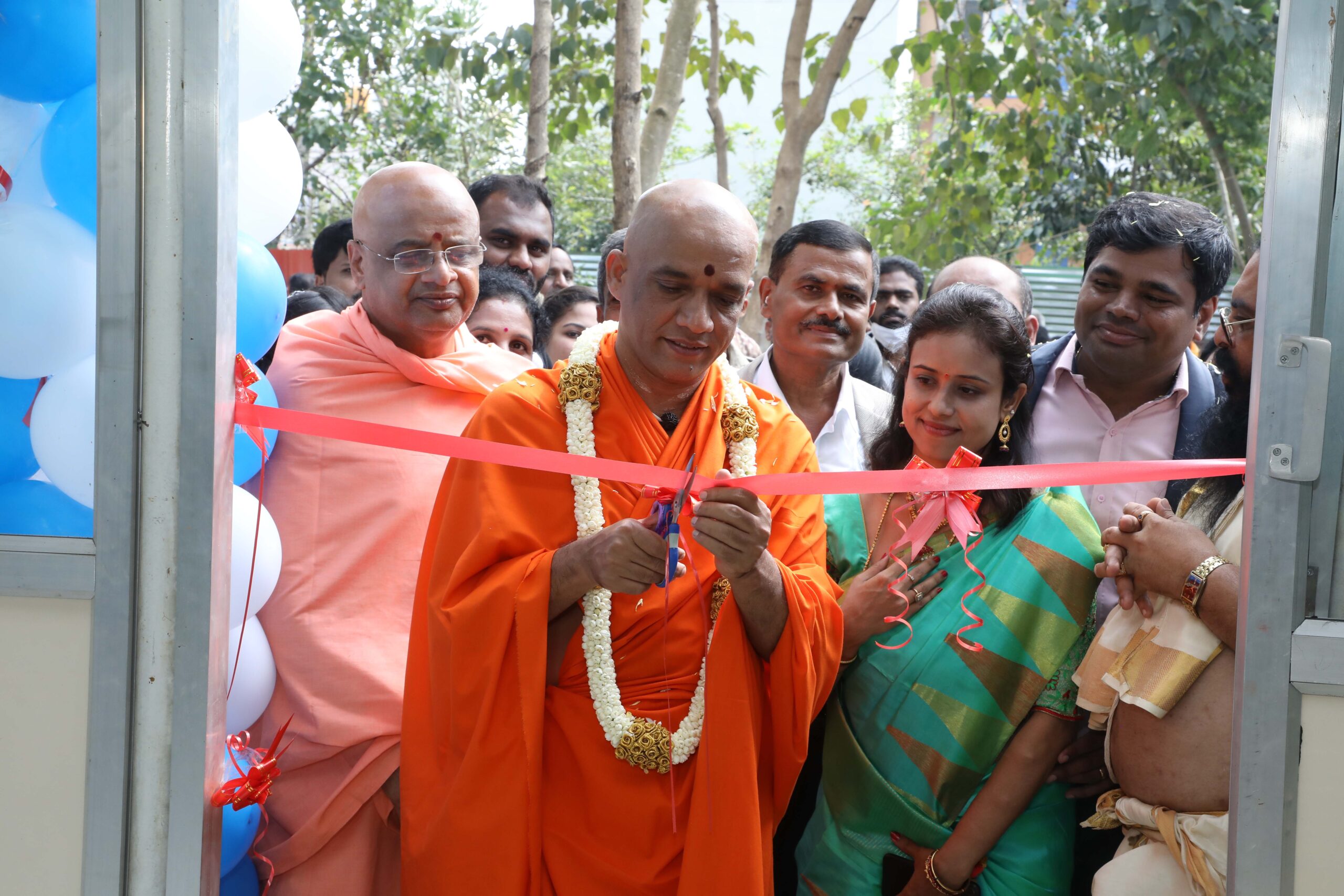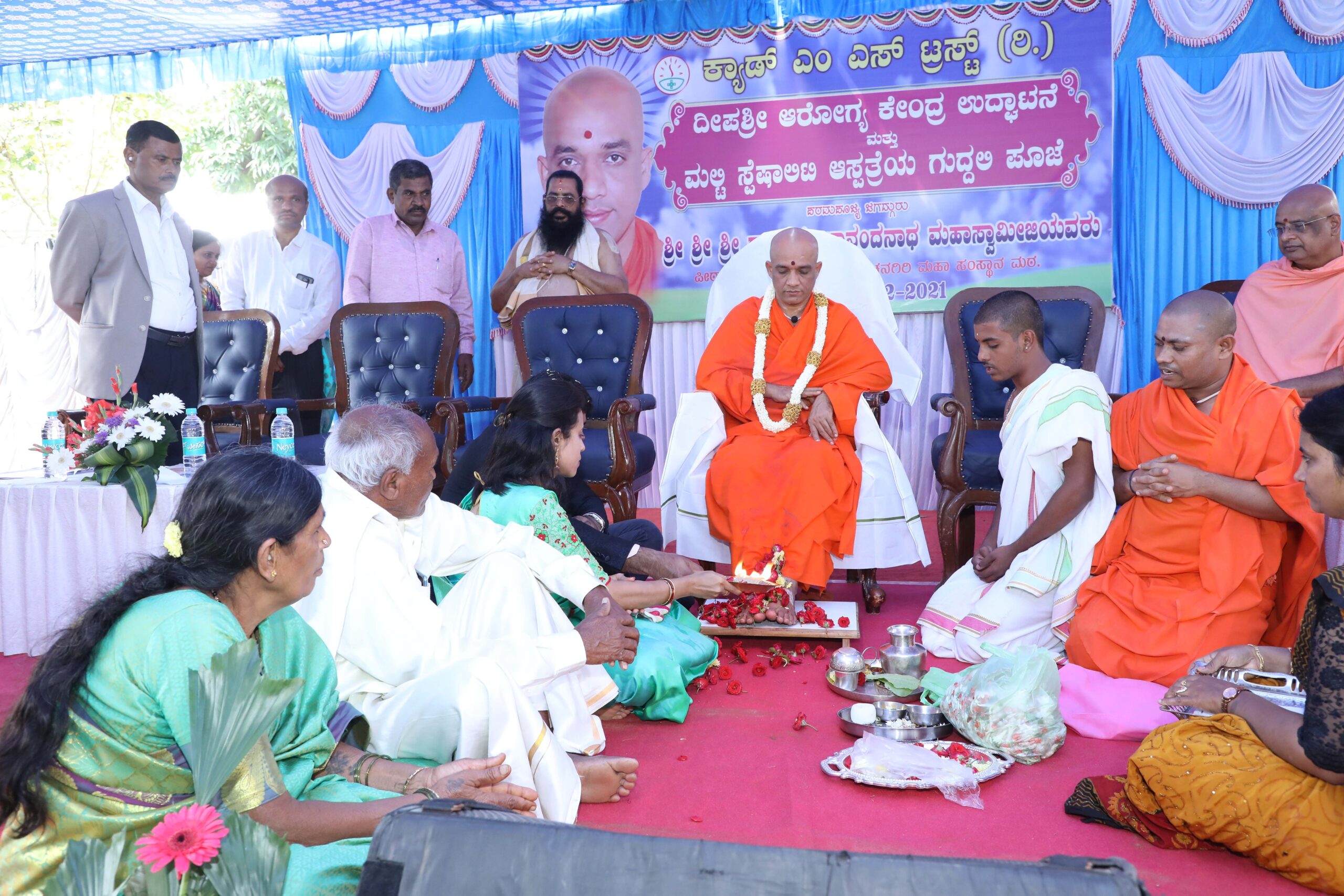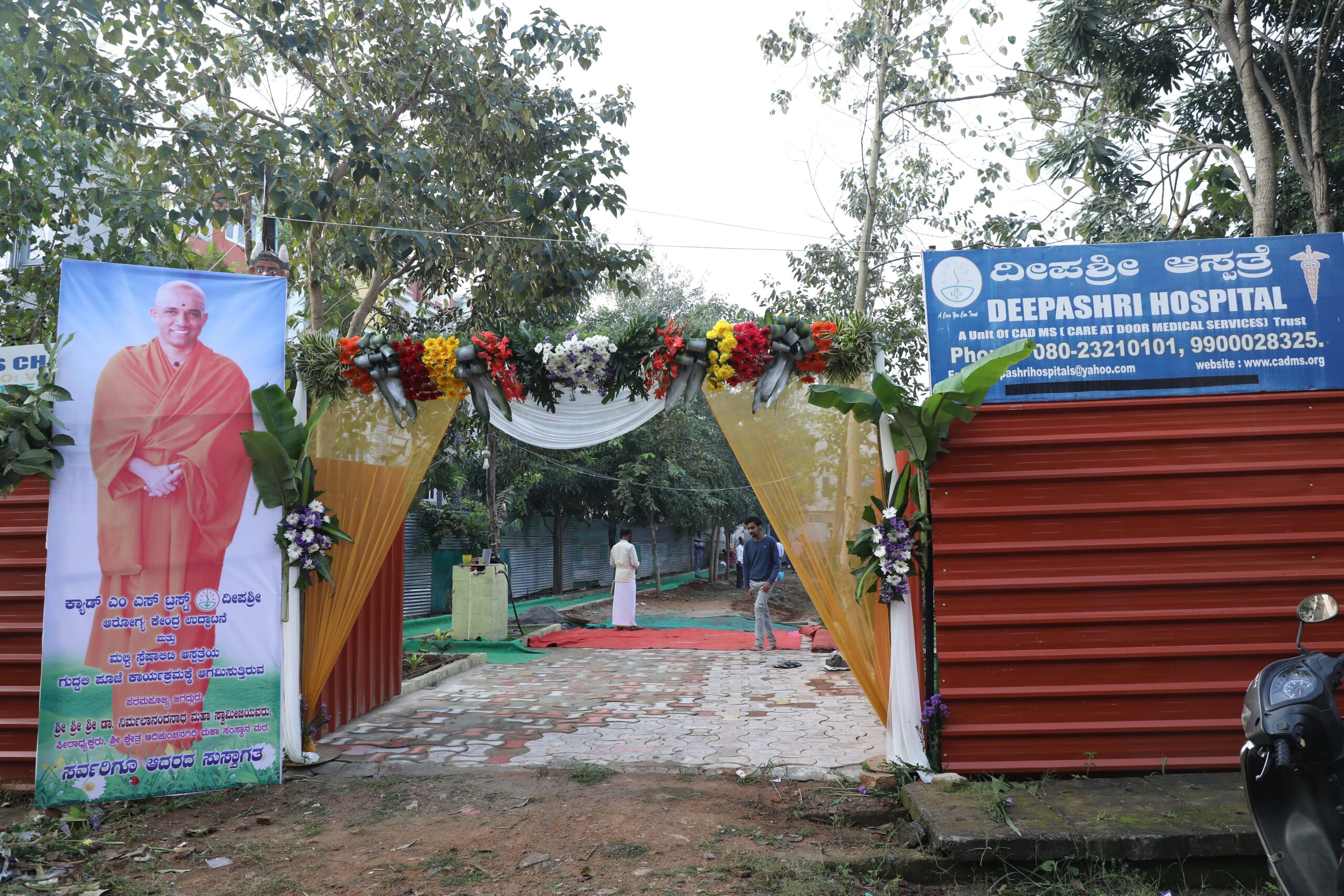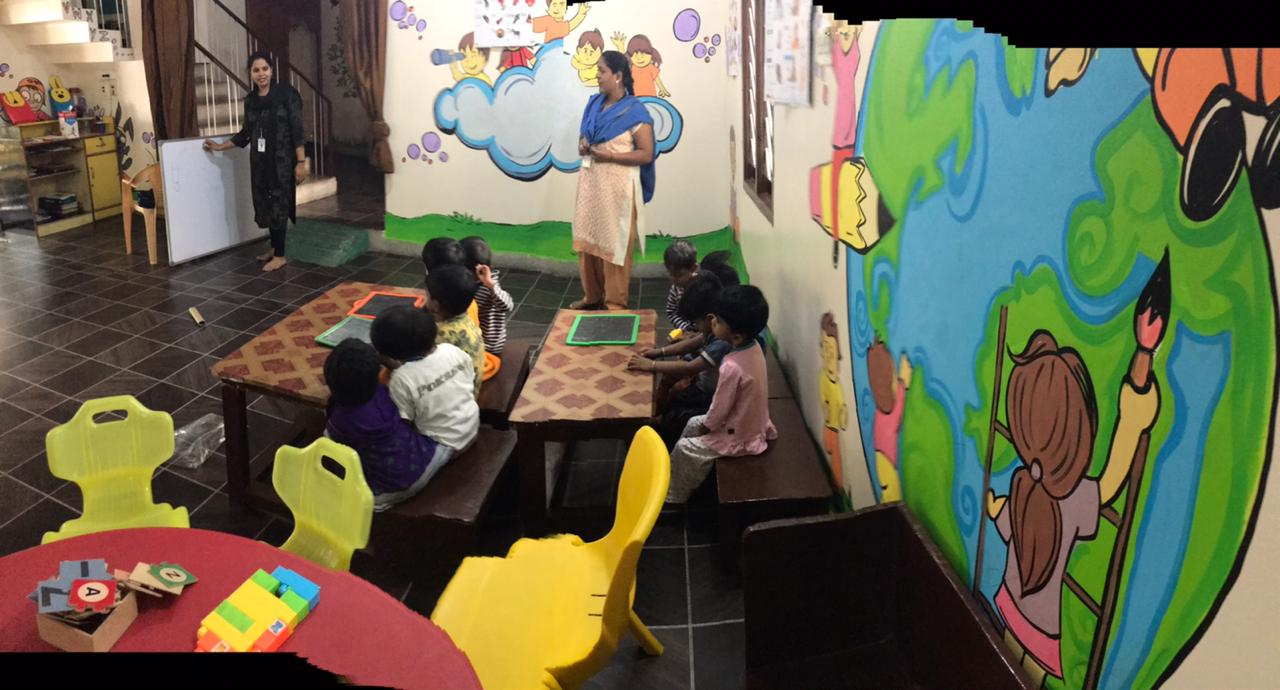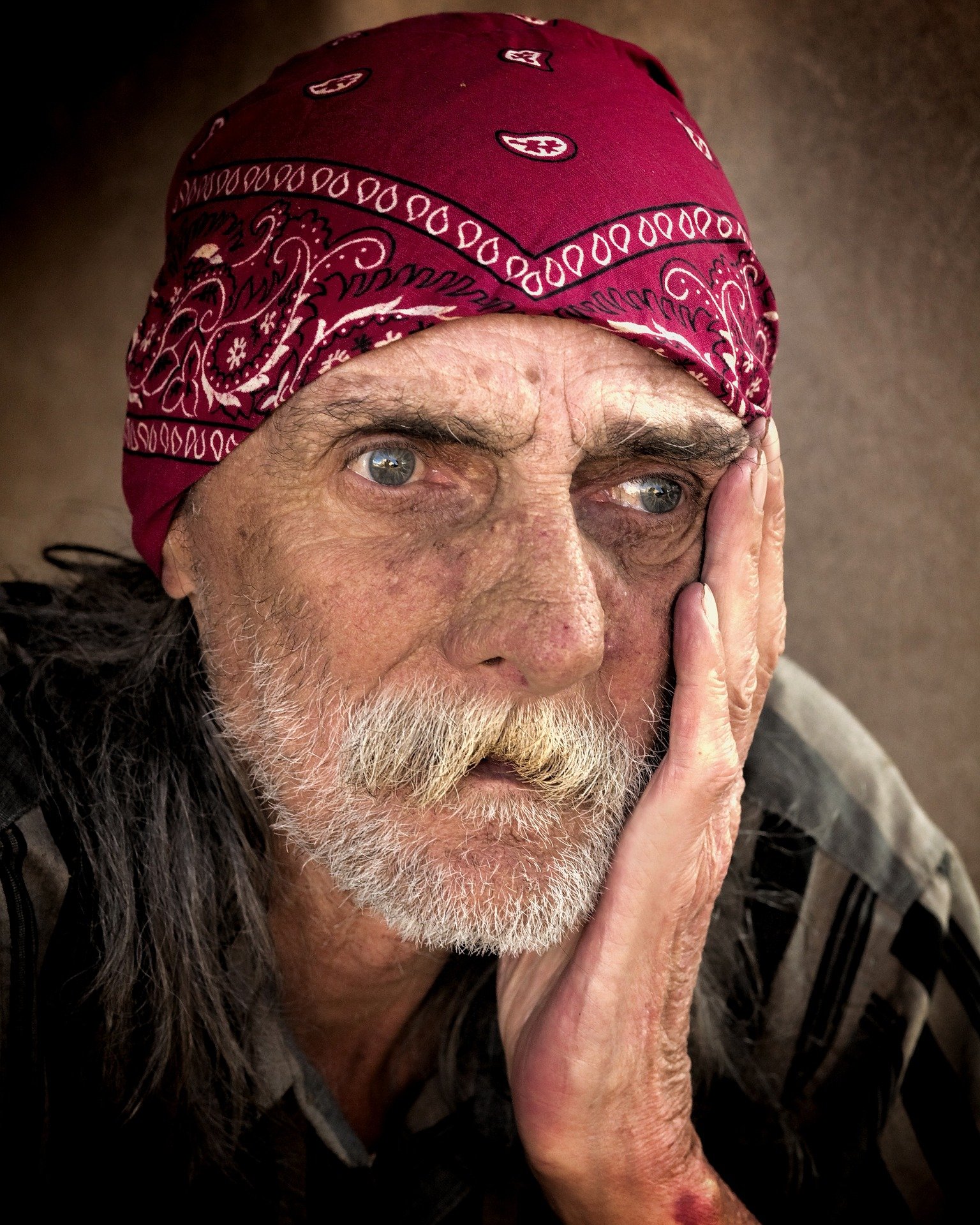Tel : 98808250025/9845841810
Mail : cadms2009@gmail.com
Mail : cadms2009@gmail.com
ADDRESS : CA 11, Sir M Vishweswaraiah Layout, 9th Block , (Behind Hotel Soda Factory), Mallathathalli, Bangalore-560056
Conact No - 9900028325
Conact No - 9900028325
Land Mark –Behind Jayanth convention center

